There is a saying that nothing in life is certain apart from death and taxes. Although death is inevitable, there are some ways to minimize those pesky taxes to ensure that as much of your estate goes to your loved ones as possible. In this case, let’s look at probate fees, which are a type of tax (or fee) levied provincially on accumulated assets at death.
What is Probate?
When it comes to handling the assets within your estate, probate has a couple of meanings. “To probate” is the process by which a will is authenticated and the Executor named in your will is confirmed under the provincial court of law. The Executor now has the legal authority to handle your assets as per the instructions in your will. If you do not leave a will, the probate process is combined with a more intricate court protocol to appoint an Executor in order to settle your estate and provincial legislation will then decide how to distribute your assets (which may not be in the manner in which you intended - this is why it’s important to have a will). “Probate Fees” are the levies paid from your estate to the Ministry of Finance. These fees are calculated based on the total value of all assets you own individually (with a few exceptions) at the time of death. Once your estate is probated by the courts, the Executor can distribute the estate’s assets as per the guidelines of your will.
Which Assets are Subject to Probate?
Your estate consists of the following individually owned assets at the time of death including:
- Bank accounts
- Property
- Car
- Securities
- Jewelry
- Business interests
How are Probate Fees Calculated?
The probate process and its subsequent fees vary depending on the province where you live and hold assets. At 1.5%, Ontario has one of the highest probate rates while New Brunswick has one of the lowest at 0.5%. Québec does not levy probate fees at all, requiring only that non-notarized wills be authenticated by their courts. The lesson here is that rates differ so it becomes especially important to understand provincial requirements when you own assets in more than one province.
How can I Minimize my Probate Fees?
Probate fees can be minimized and ensure that more of your hard-earned money goes to those you love. Firstly, it is important to name a beneficiary (other than your estate) on RRSPs, RRIFs, TFSAs and insurance policies to ensure that this money remains outside of your estate, thereby avoiding probate. Joint ownership with a spouse on bank accounts and property is also an effective way to keep these assets outside of the probate process and in the hands of your spouse. You could gift assets to family members while you are alive, but unless the assets have no accrued gain (like cash), a tax liability might be triggered. The use of multiple wills if you have private company shares and setting up certain types of trusts while you are alive might be other options to help minimize the assets that are in your estate upon death.
Source: Charts are sourced to https://www.thelinkbetween.ca/
The contents of this publication were researched, written and produced by The Link Between (https://www.thelinkbetween.ca/) and are used by Echelon Wealth Partners Inc. for information purposes only.
Disclaimers
Echelon Wealth Partners Inc.
The opinions expressed in this report are the opinions of the author and readers should not assume they reflect the opinions or recommendations of Echelon Wealth Partners Inc. or its affiliates. Assumptions, opinions and estimates constitute the author's judgment as of the date of this material and are subject to change without notice. We do not warrant the completeness or accuracy of this material, and it should not be relied upon as such. Before acting on any recommendation, you should consider whether it is suitable for your particular circumstances and, if necessary, seek professional advice. Past performance is not indicative of future results. The comments contained herein are general in nature and are not intended to be, nor should be construed to be, legal or tax advice to any particular individual. Accordingly, individuals should consult their own legal or tax advisors for advice with respect to the tax consequences to them.
Please note that only Ventum Financial is a member of CIPF and regulated by IIROC; Chevron Wealth Preservation Inc. is not. ** Insurance products and services are offered by life insurance licensed advisors through Ventum Insurance Services a wholly owned subsidiary of Ventum Financial Corp.




